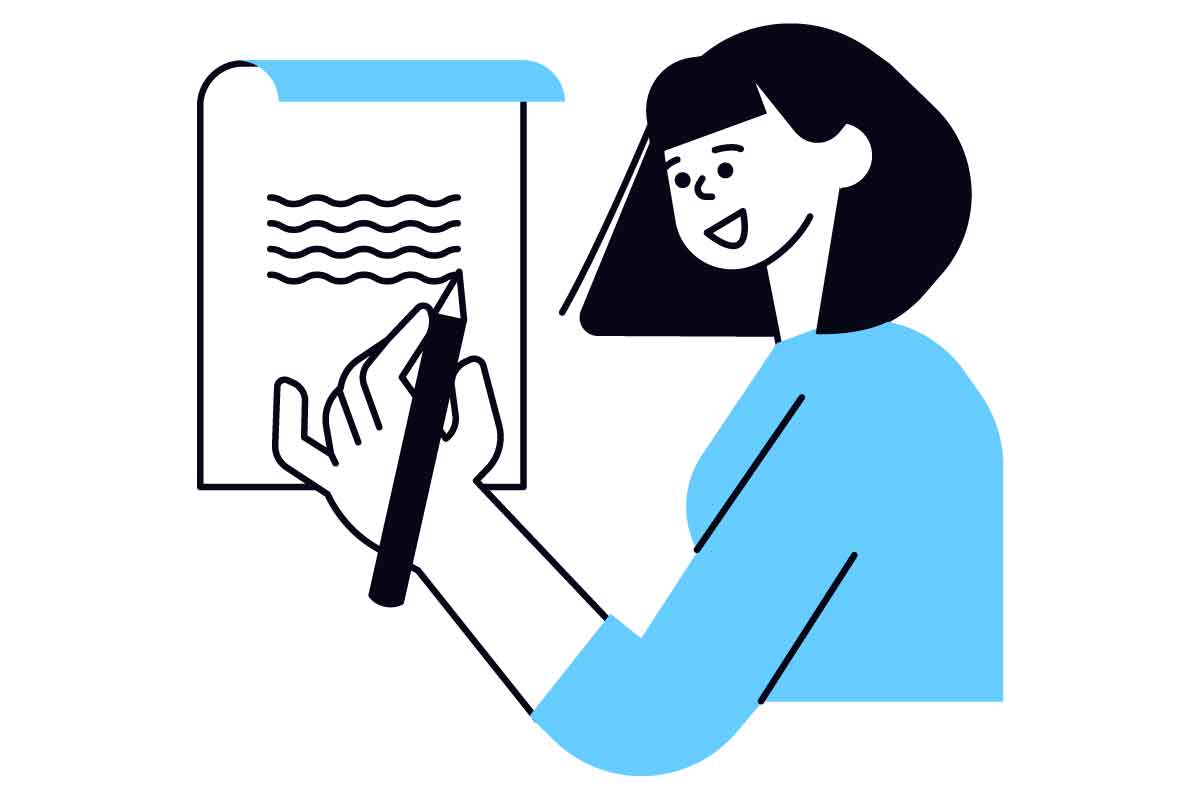In the world of business, particularly in the United Kingdom, it’s unfortunate but inevitable that you’ll occasionally encounter customers who are late in paying their bills. This can put a strain on your cash flow and, ultimately, your business’s survival.
One solution is the business debt collection letter – a formal, written notice that informs the debtor of their overdue payment and the subsequent actions your business will take.
Featured pro tools
However, writing such a letter requires a careful balance. You need to be firm, but polite; clear, but considerate; and compliant with the Fair Debt Collection Practices Act and any other relevant legislation.
Below, we provide guidance and examples on how to write an effective business debtor collection letter.
How to write a debt collection letter for late payment recovery
How to write a debt collection letter for overdue payment notice
- Use a professional tone
Your debt collection letter should be professional and business-like in tone. Although the customer owes you money, it’s important to remember they are still a customer. Using hostile or accusatory language will likely alienate them further.
- Provide detailed information
The letter should include the amount owed, the original due date, and any late fees incurred. You should also reference the product or service that was provided and any previous attempts to collect the debt.
- Outline the next steps
Clearly describe what the customer should do next, including how and by when they should make the payment. You should also explain what will happen if they fail to comply, such as taking legal action or reporting to credit agencies.
- Include your contact information
The letter should contain your contact information, including phone number and email address, in case the customer wishes to discuss the matter further.
- Be compliant
Ensure you’re aware of the UK’s legal landscape around debt collection, such as the Late Payment of Commercial Debts (Interest) Act 1998 and the GDPR.
Late payment letter template
Here’s an example of what a business debt collection letter might look like:
[Your Company Name]
[Your Company Address]
[City, Post Code]
[Date]
[Customer’s Name]
[Customer’s Address]
[City, Post Code]
Dear [Customer’s Name],
Re: Outstanding Invoice No. [invoice number]
I am writing to bring to your attention an unpaid invoice related to [description of goods/services provided] that was due on [due date]. As of today, the outstanding amount is [total amount], inclusive of any late fees.
Despite previous reminders, this invoice remains unpaid. We value your business and would like to resolve this matter promptly. Please remit payment by [due date], using [describe payment methods/options].
If the payment is not received by the specified date, we may need to initiate formal debt collection procedures. This could include reporting the debt to credit agencies and/or legal proceedings.
Should you wish to discuss this matter further or require a payment arrangement, please contact us at [your email] or [your phone number].
Thank you for your immediate attention to this matter.
Yours sincerely,
[Your Name]
[Your Position]
This template can be adjusted based on your needs. However, always ensure that your approach adheres to the laws and best practices. Remember, effective communication often holds the key to swift resolution of these challenging situations.
FAQ
A business debt collection letter, also known as a demand letter, is a formal written notice sent by a business to a customer who has failed to pay an invoice by the due date. It details the outstanding debt and the next steps required for resolution.
The letter should include the following:
A professional and courteous tone.
Specific details about the debt (amount owed, original due date, description of the goods or services provided).
Next steps for the customer (how and by when they should make the payment).
The repercussions of non-payment (potential legal action, reporting to credit agencies).
Contact information for the sender.
Compliance with UK legislation, like the Late Payment of Commercial Debts (Interest) Act 1998 and the GDPR.
The letter can be sent via regular mail, email, or both. If you opt for regular mail, consider sending it via recorded delivery so you have evidence that the letter was received.
Typically, businesses send a series of progressively more urgent reminders before taking further action, such as passing the debt to a collections agency or initiating legal proceedings. The exact number will depend on your business’s policies and the individual situation, but three is a common number.
If the debtor continues to ignore your requests for payment, you may need to escalate the matter. This could involve handing over the debt to a professional debt collection agency or, in some cases, seeking legal recourse.
A letter before action (LBA) is a final demand letter sent to a debtor, notifying them that legal action will be initiated if the outstanding debt isn’t settled. The LBA must include specific information and adhere to certain protocols, as outlined by the Practice Direction on Pre-Action Conduct and Protocols in the UK Civil Procedure Rules.
Yes, businesses must comply with UK legislation when writing debt collection letters. This includes laws regarding data protection, harassment, and charging interest and recovery costs under the Late Payment of Commercial Debts (Interest) Act 1998. Always ensure your letters adhere to these guidelines to avoid potential legal issues.

